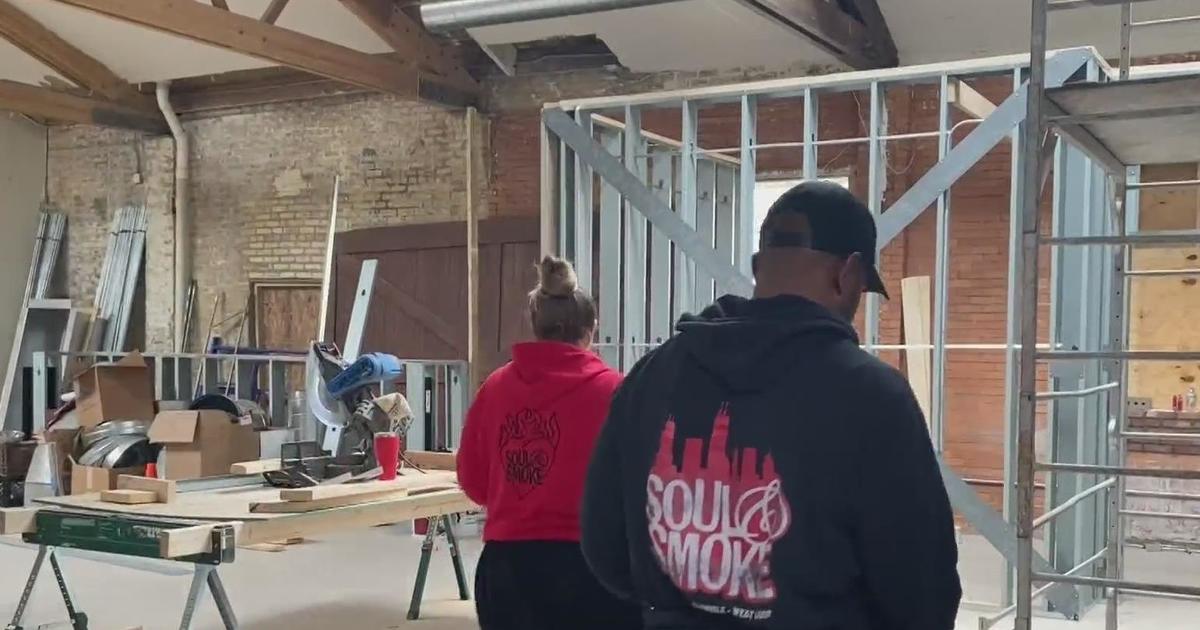Cubs' Theo Epstein: Big-Name Pitching Acquisitions Appealing, But Key Is To Continue Hunt For Undervalued Players
(CBS) For months if not a couple years, the Cubs have been open about their desire to add contract-controlled pitching as they've entered their championship window that already boasts one title.
That will again be the team's goal this summer as the Cubs gauge the trade market, but those conversations haven't heated up just yet.
"This time of year, if you want something, you kind of have to go get it," president of baseball operations Theo Epstein said on the Bernstein and Goff Show on 670 The Score on Tuesday. "Sellers aren't (shopping yet).
"They don't usually target prospects and go get them, especially this time of year. If the seller has a player that they think is going to have a lot of value, they're aware of it, protect that value. You have to go get it. That's the way the trade market works. There aren't as many incoming calls from teams positioned (lower in the standings) as you'd think. This trade dialogue, small deals here and there (this time of year) and obviously some bigger ones out there on the horizon, but it hasn't really heated up yet. And it usually doesn't until after the draft (in June)."
Asked whether the Cubs are more likely to add to their starting rotation via trade or the free-agent market in the coming years, Epstein responded that they'll "continue to do both." The Cubs acquired Jake Arrieta and Kyle Hendricks via trade while signing Jon Lester and John Lackey in free agency.
A key, Epstein added, is to not become lackadaisical in relying on big-name acquisitions just because the Cubs have ample resources. The hunt must continue for undervalued players too, with Epstein citing the trade acquisitions of Mike Montgomery and Eddie Butler in the past year as examples.
"If you want to continue to be good and perform at a high level and be deep in all areas, you still have to hit on some undervalued players too," Epstein said. "You can't just go out and sign marquee free agents or trade for players when they're at the peak of their value. That's not a formula for long-term success.
"It's not always the established player, the headlining guy."
Listen to Epstein's full interview below.



